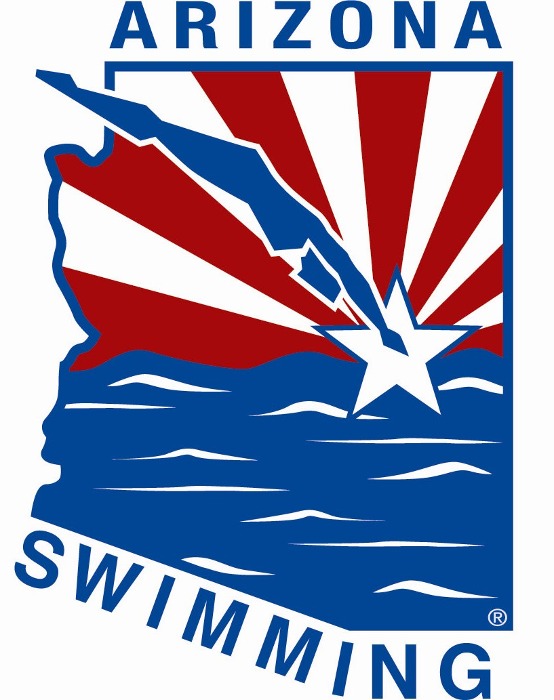Mesa Aquatics Club
Policy Regarding Bullying
Bullying of any kind is unacceptable at Mesa Aquatics Club (MAC) (the “Club”) and will not be tolerated. Bullying is counterproductive to team spirit and can be devastating to a victim. The Club is committed to providing a safe, positive and friendly environment for all of its members. Anyone who knows that bullying is happening during or in connection with any Club activity is expected to report it so it can be addressed. If bullying between or among Club members is witnessed or reported, all athletes and parents should know that incidents will be dealt with promptly.
What is Bullying?
Generally speaking, bullying is the use of physical or verbal aggression, whether intentional or not, in a way that causes physical or emotional pain to another person.
Bullying is prohibited by the USA Swimming Code of Conduct, which defines bullying as follows in Section 304.3.7:
For the purposes of the Code of Conduct, the term “bullying” shall mean, regardless of when or where it may occur, the severe or repeated use by one or more USA Swimming members (“Members”) of an oral, written, electronic or other technological expression, image, sound, data or intelligence of any nature (regardless of the method of transmission), or a physical act or gesture, or any combination thereof, directed at any other Member, that to a reasonably objective person has the effect of: (i) causing physical or emotional harm to the other Member or damage to the other Member’s property; (ii) placing the other Member in reasonable fear of harm to himself/herself or of damage to his/her property; (iii) creating a hostile environment for the other Member at any USA Swimming activity; (iv) infringing on the rights of the other Member at any USA Swimming activity; or (v) materially and substantially disrupting the training process or the orderly operation of any USA Swimming activity (which for the purposes of this section shall include, without limitation, practices, workouts and other events of a member club or LSC).
Examples of bullying can include behaviors such as:
-
Repeatedly and excessively verbally attacking an athlete personally (e.g., calling them worthless, fat or disgusting, or using vulgar or derogatory names or terms) in person or through other means, such as social media postings;
-
Severe or repeated punching, pinching, slapping or other physical conduct, especially when the person being touched has made it clear that the conduct is unwelcome or hurtful;
-
Using physical or verbal aggression to insist on leading a lane;
-
Repeatedly and excessively yelling at participants in a manner that serves no productive training or motivational purpose;
-
Throwing objects such as sports equipment, water bottles, or chairs at participants in a practice or other Club activity;
-
Intentionally ignoring an athlete or teammate for extended periods of time during practices or other Club activities, in a way that is intended to ostracize, belittle or hurt the person;
-
Routinely or arbitrarily excluding certain participants from practice.
Not all disagreements constitute bullying; sometimes, there is simply a personality conflict or personal dislike between two people. Bullying also does not include professionally accepted coaching methods of skill enhancement, physical conditioning, teambuilding, motivation, or discipline, or the giving of constructive criticism about an athlete’s performance in practice or a meet.
How Does the Club Handle Bullying?
An athlete who feels that he or she has been bullied should let someone know so that the situation can be addressed. That can mean talking to your parents, to your coach, or to Paul Smith. The athlete or parent may also send a letter or email to one of these people.
There is no express time limit for making a complaint or report, but every effort should be made to bring the situation to the attention of the appropriate Club leaders as soon as possible to make sure that memories are fresh and behavior can be accurately recalled and any bullying behavior can be stopped as soon as possible.
If inappropriate conduct (whether bullying or not) is occurring during Club activities and is witnessed by a coach or other responsible person, it will be stopped on the spot.
If a report of bullying is made after an incident or incidents has/have occurred, we will investigate promptly. We will do our best to collect all available information from those involved to find out what happened. We will then determine whether the situation involves bullying, taking into account the USA Swimming definition of bullying and other factors such as the history between those involved, any provocation that may have occurred, and any perceived or actual power imbalance.
If it is determined that bullying has occurred, we will work with the appropriate parties (the kids involved, their parents, and/or their coach(es), as applicable) to resolve the situation. Our goal is to achieve a resolution that addresses and corrects the unacceptable behavior, supports and protects the athlete(s) who were bullied, and ensures that everyone understands that we take bullying seriously. These same steps also may be followed if it is determined that the conduct complained of does not rise to the level of bullying but is nevertheless inappropriate in our Club environment. Depending on the situation and, if necessary, the Club reserves the right to make appropriate reports to the LSC/Zone and/or National Boards of Review who may have jurisdiction to evaluate the reported conduct under USA Swimming Rules and make appropriate determinations.









